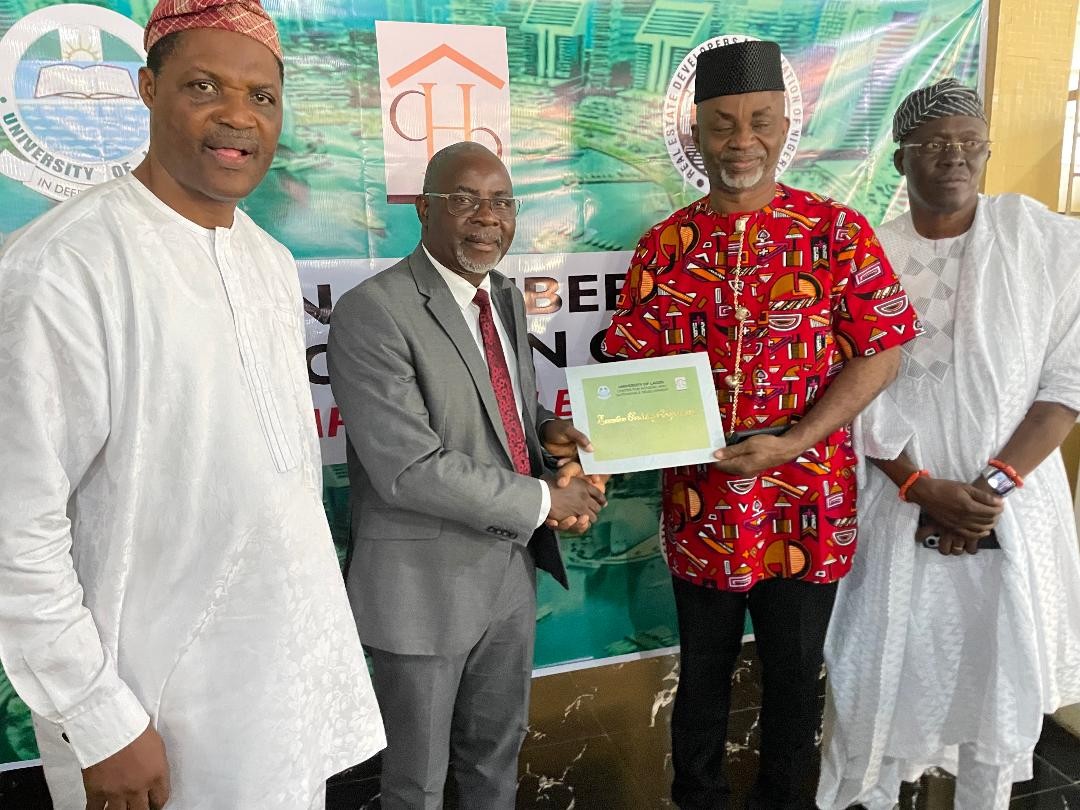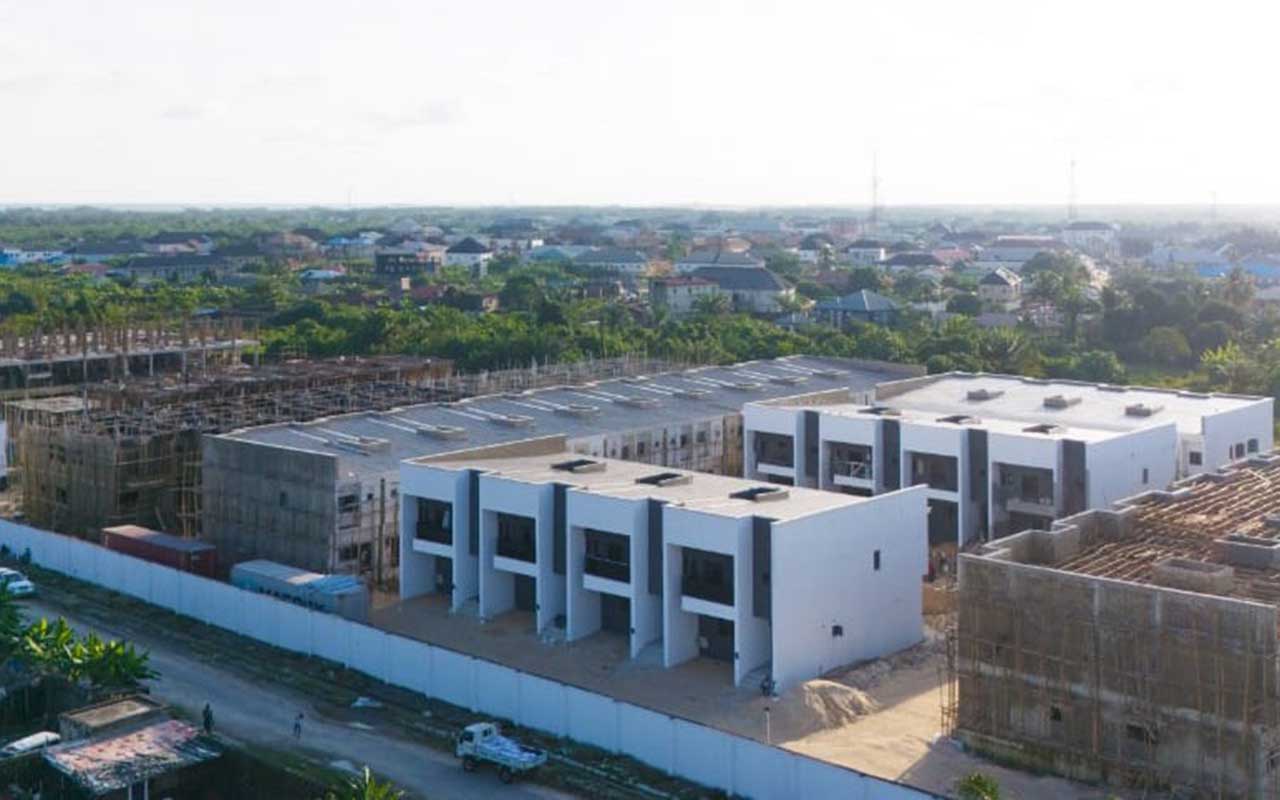In a bold move to professionalise Nigeria’s booming real estate sector, the Centre for Housing and Sustainable Development, University of Lagos (CHSD-UNILAG), in collaboration with the Real Estate Developers Association of Nigeria (REDAN) has launched a compulsory certification scheme for property developers across the country.
The initiative, which commenced two months ago, is designed to provide structured training, regulatory awareness, and institutional backing to developers operating in an industry often criticised for poor standards, fraudulent practices, and regulatory breaches.
The REDAN certification course runs as a hybrid programme combining online lectures, physical classes at the UNILAG campus, and site visits to major real estate projects and regulatory agencies. Industry experts and government officials are part of the faculty, offering perspectives on policy, compliance, valuation, and project finance.
“For years, we’ve witnessed a lack of professionalism and a trust deficit in the real estate sector,” said Director, CHSD-UNILAG, Prof. Timothy Nubi. “This programme will help correct that by instilling knowledge and accountability.”
Nubi, a former Chairman of REDAN, Southwest Zone, noted that there have been growing complaints about private developers and the way they handle projects, hence the need to restructure the organisation to ensure standard practice.
“People are now saying that the average REDAN member is a scammer, which is not good for the industry. Recently, there have been numerous demolitions of properties across the country because many players do not follow the regulations,” he said. He explained that the capacity-building programme was designed to equip real estate developers across Nigeria with in-depth industry knowledge, innovative insights, and practical strategies. Over the past five weeks, participants have undergone intensive online sessions, complemented by two days of experiential site visits to the Lagos State Ministry of Lands, Ministry of Physical Planning, and Eko Atlantic City as part of practical learning.
In Lagos, real estate regulators such as Lagos State Real Estate Regulatory Authority (LASRERA) have increasingly demanded proof of professional credibility and formal registration for developers seeking to operate legally. Analysts believe the UNILAG-REDAN certification could soon become a de facto requirement for doing business in regulated markets like Abuja, Lagos, and Port Harcourt.
According to REDAN President, Akintoye Adeoye, the certification programme is part of the association’s long-term agenda to “clean up the real estate industry, equip developers with the right tools, and position Nigeria’s housing sector on the path of global best practices.”
“Real estate is not just about building. It’s about doing so legally, ethically, and sustainably,” Adeoye said. “This scheme ensures that developers are not only trained but also closely monitored, as ignorance can be very costly. There has been a gap in the industry due to the absence of structured training for members. We signed a Memorandum of Understanding with the university, which enabled it to design a curriculum for the programme,” he said.
REDAN insists the programme is not revenue-driven but rather a strategic response to the unregulated sprawl of estates and rising developer misconduct in urban centres. With over 17 million housing units required to bridge Nigeria’s shelter deficit, Adeoye stated that the country cannot afford to allow quack developers to dominate the sector any longer. “A well-regulated real estate industry is a catalyst for national development,” Adeoye added. “This certification is just the beginning.”
Chairman of the CHSD-UNILAG Advisory Board, Prof. Oluwole Familoni, urged the graduates to uphold the institution’s reputation by avoiding unprofessional conduct.






